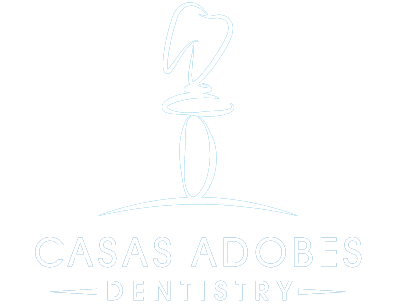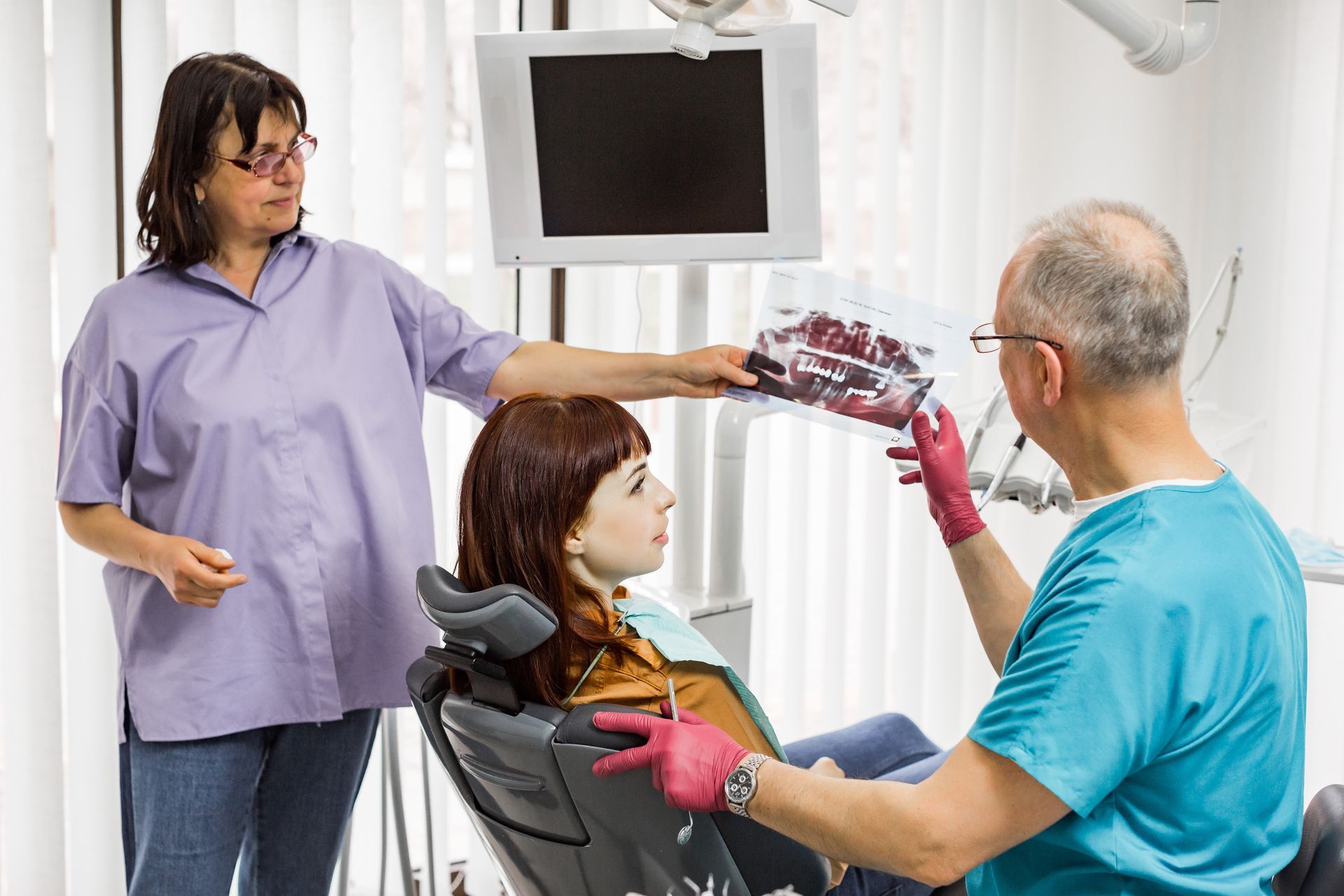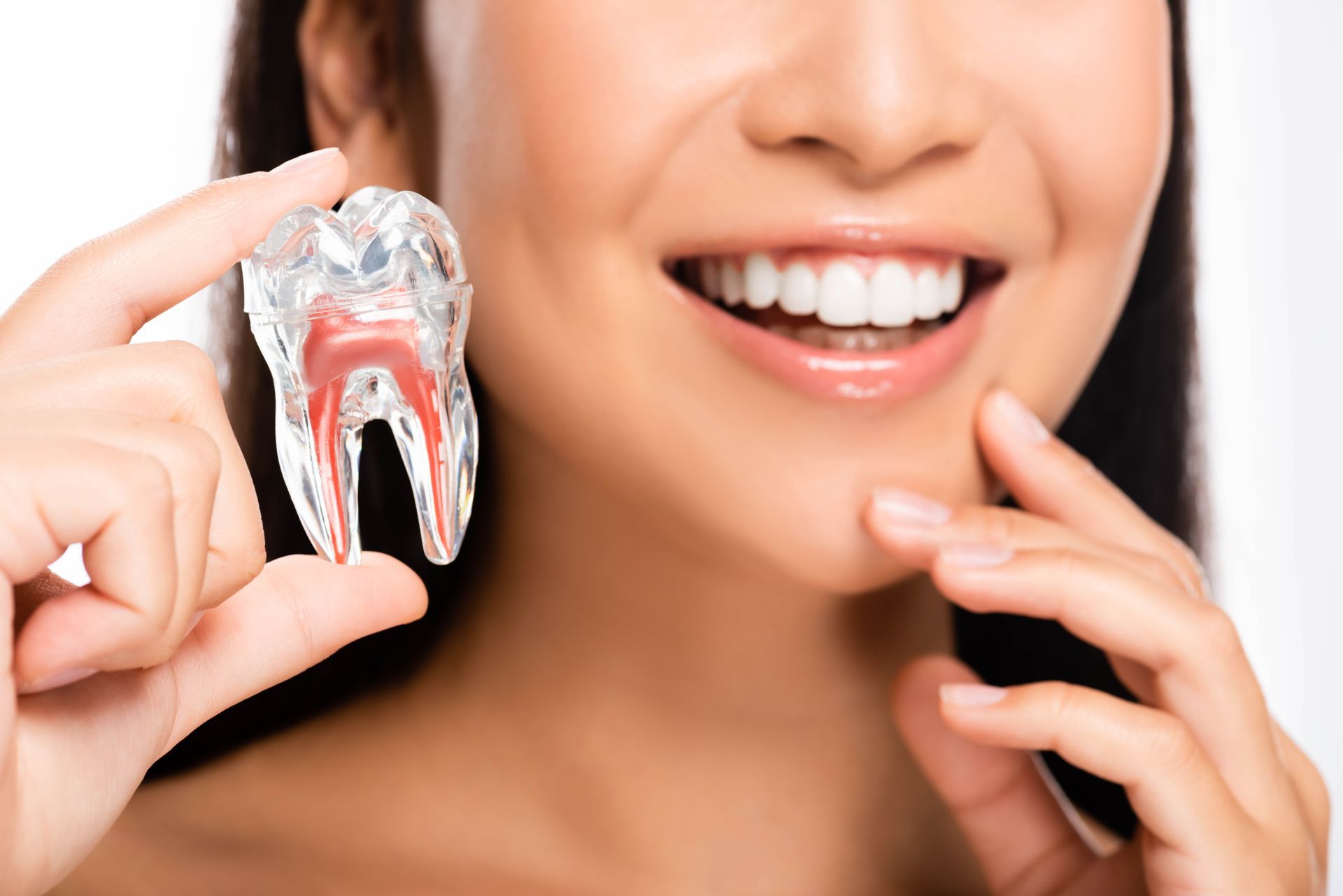Who Is a Good Candidate for Professional Teeth Whitening?

For individuals with a stained or yellowing smile, professional teeth whitening can offer drastic improvements in a short amount of time. Depending on the patient's needs and the available treatments, a dentist may use a selection of gels, bleaching trays or light therapy to whiten teeth. However, it is important to note that not all individuals are good candidates for teeth whitening. Certain situations often prompt excellent results, while others would be better treated through alternative methods.
Stains that respond well to whitening treatments
Some of the most common causes of dental surface stains can be successfully removed with teeth whitening. A dental professional can help determine the type and source of the stain to develop a more precise treatment plan.

Common foods and beverages
Dietary choices play a significant role in the color and overall health of the teeth and gums. Certain foods and beverages have a tendency to stain teeth more easily due to high levels of acidity or tannins:
- Red wine
- Coffee
- Soda
- Tea
- Berries
- Beets
- Artificially colored foods or drinks
Fortunately, these types of stains tend to respond well to whitening treatments. Most dentists recommend that patients avoid such choices, especially in the first few days after treatment, to maintain the results.
Tobacco
Tobacco use can lead to significant discoloration of the teeth. While most tobacco products are laced with harmful chemicals, it is the hue of the plant leaves that produce stains. Most teeth whitening treatments can help reduce tobacco stains. However, because using this product in any form is considered a health hazard, patients should take steps to discontinue use immediately.
The aging process
Even with a healthy diet and proper oral hygiene, the enamel of the teeth can eventually erode, leading to stains and discoloration. In addition, consuming acidic foods, over-brushing and genetic predispositions to enamel loss can exacerbate the problem. The staining typically worsens with age but is usually treatable with professional whitening.
Individuals who should consider alternative treatments
While most dental patients are good candidates for teeth whitening, there are some situations in which treatment would not be successful. For patients who fall into the following categories, crowns, implants or veneers can help restore a whiter smile.
Patients with damaged or injured teeth
When a tooth becomes chipped, cracked or traumatized, the damage can harm the nerve, root or enamel. In some situations, the tooth may become discolored, usually turning a shade of gray or brown. This type of stain cannot be reversed with whitening treatments.
Patients exposed to excessive amounts of fluoride
Fluoride is present in most water sources across the United States. Higher levels of the chemical may affect the mineral composition of the teeth. As a result, teeth can become stained or spotted and will not respond to teeth whitening.
Conclusion
For many individuals, professional teeth whitening can help restore a whiter and brighter smile. However, those whose teeth discolorations are the result of injury or fluoride overexposure may wish to seek out alternative treatments, such as veneers. A dentist can help guide the patient towards the right type of treatment for a more beautiful smile.
Request an appointment here: https://www.casasadobesdentistry.com or call Casas Adobes Dentistry at (520) 365-0559 for an appointment in our Tucson office.








